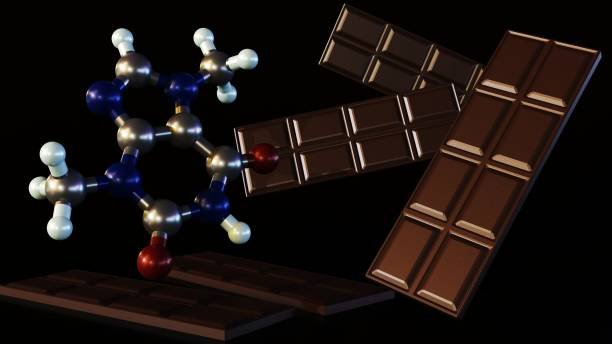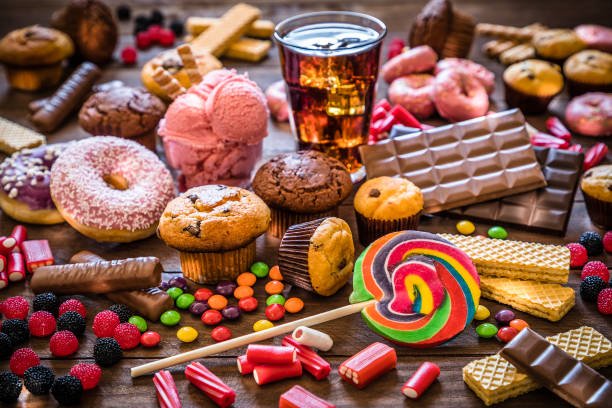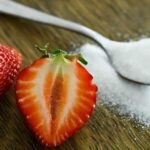
Feeling Uncomfortable With too Fast Heartbeat? Avoid These 4 Types of Foods That Affect Your Heart Rate
Many factors affect how fast our heart beats per minute, commonly known as heart rate, including diet, activity level, emotional state and medication. According to the American Heart Association, 60 to 100 beats per minute can be considered a normal heart rate, but consuming certain foods or drinks may cause our heart rate to accelerate beyond the normal resting heart rate. Let this article explain to you which foods to eat less to slow down your heartbeat and reduce the discomfort caused by too fast heartbeat.
Heartbeat too fast? Just eat less of these foods
1.Caffeine
Caffeine is a central nervous system stimulant that can stimulate the brain and nervous system, increase the heart beating rate, and may even cause arrhythmia when taken in excess. Generally in life, there are many beverages that contain caffeine, such as coffee, black tea, green tea, soda and energy drinks.
Regarding the impact of caffeine on the human body, the Taiwan Family Medicine Association has pointed out that when the human body consumes more than 400 mg of caffeine per day, it is easy to increase the risk of epilepsy, atrial fibrillation, and arrhythmia. The National Health Administration of China recommends that adults should not consume more than 300 mg of caffeine per day (about 1 to 3 cups of coffee); patients with heart disease must reduce their caffeine intake by half, to only about 150 mg. In addition to speeding up your heartbeat, consuming too much caffeine may also cause side effects such as headaches, anxiety, tremors, and insomnia.
2.Alcohol
Many studies have pointed out that alcohol can cause arrhythmias, tachycardia (a type of arrhythmia), and cause atrial fibrillation, atrial flutter, and ventricular tachycardia in the heart. and other different symptoms. Alcohol will directly affect heart cells, causing rapid heartbeat, tachycardia, irregular pulse and difficulty breathing. In most cases, if a patient with an arrhythmia temporarily stops consuming alcohol, the heart will gradually return to normal and the chance of the arrhythmia returning will be reduced.
My heart is pounding! Foods that affect heart rate
3.Theobromine
Theobromine is another natural neurostimulant found in chocolate and its additives, such as ice cream, brownies, cakes, candies, hot chocolate and chocolate milk. Studies have shown that theobromine intake is directly proportional to the increase in heart rate, which means that the greater the intake, the greater the increase in heart rate. Therefore, people with symptoms of arrhythmia are recommended to limit or avoid eating chocolate.

4.Tyramine
Foods and drinks high in tyrosine, which can raise blood pressure and cause heart palpitations, include the following:
- mature cheese
- Pickled meats
- alcoholic beverages
- Dried or overripe fruit
5.Consuming too much sugar
A rapid heartbeat or palpitations may also occur from consuming foods high in carbohydrates, such as sugary drinks, candies, desserts, snacks, bread, pasta, and white rice. It is recommended to limit intake or choose whole grains and whole natural foods such as brown rice, whole wheat bread, vegetables and beans, as these contain higher quality complex carbohydrates and less simple sugars.
To sum up, in order to maintain a healthy heart and reduce the discomfort caused by fast heartbeat, it is recommended to avoid eating specific foods that may cause arrhythmia, such as cheese, cured meat and fish containing tyramine, or Foods such as chocolate that contain phenylethylamine. Also, limit caffeinated and alcoholic beverages as much as possible.













